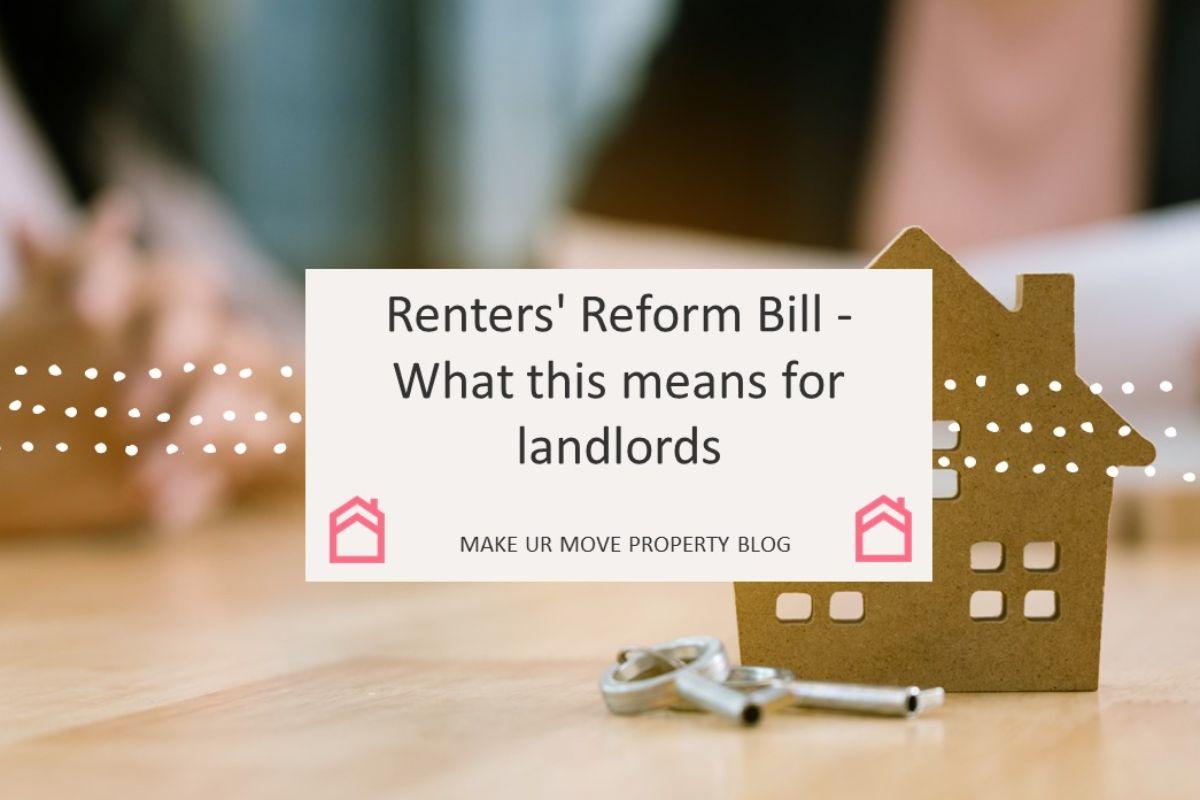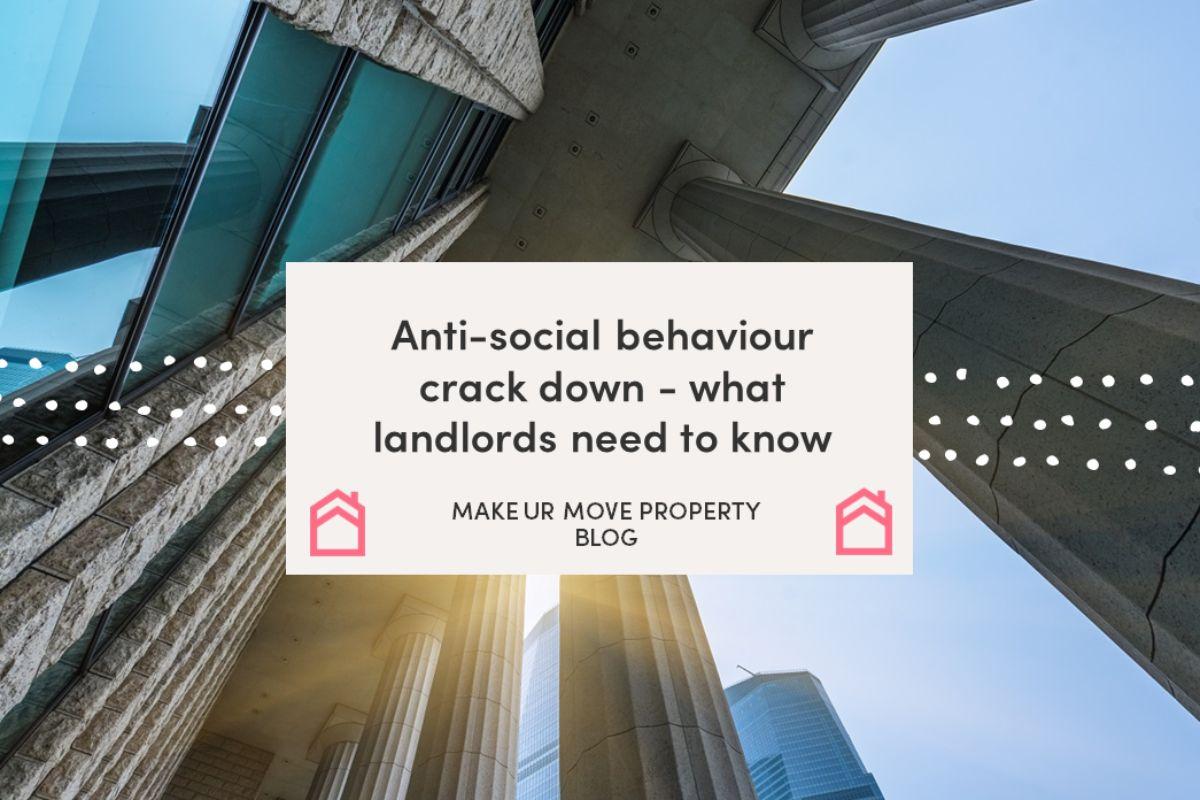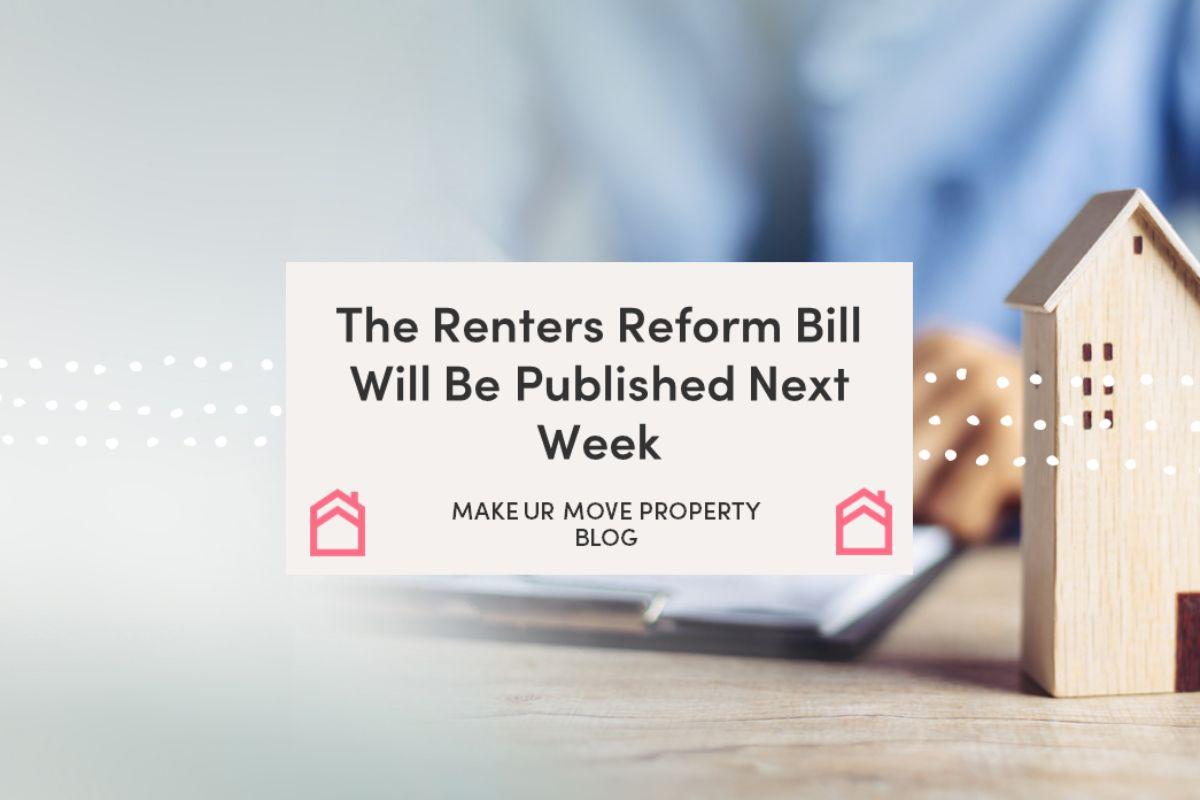
The government has recently announced plans to abolish Section 21 evictions as part of its overall plan to overhaul the housing market.
Section 21 allows landlords to serve notice to tenants without providing a reason for wishing to take possession of the property.
Here’s what a Section 21 notice is and how the ban will affect both landlords and tenants.
What is a Section 21 notice?
Section 21 notice can be used by landlords in order to start the process of evicting a tenant and seeking repossession of their rental property.
This form of eviction means that a landlord could take a tenant to court if they don’t leave the rental property by the date given in the notice.
Are Section 21 notices the same as ‘no-fault’ evictions?
Section 21 notices are often known as ‘no-fault evictions’. This is because landlords can use the notice to evict a tenant even if they’ve been a good tenant.
However, there are many reasons why a landlord may need to seek repossession of a property which isn’t related to the behaviour of their tenants. One reason could be if the landlord needs to sell the property, undertake extensive refurbishment works or even to move back into the property themselves.
Section 21 notices being referred to as ‘no-fault evictions’ can be misleading to both tenants and landlords. Many landlords can, and do, use the Section 21 notice to evict tenants for reasons such as non-payment of rent, antisocial behaviour or the need to sell or refurbish a property.
Similarly, the serving of a Section 21 notice isn’t as easy for landlords as they, and tenants, may think. The serving of a Section 21 notice can drum up unintended consequences for landlords who just want their property back. Evicting a tenant can sometimes take months if a tenant chooses to take the notice to the court.
When can a Section 21 notice not be served?
There are instances where a Section 21 notice cannot be served to tenants. These include if the tenancies started less than six months ago, the fixed term hasn’t ended, and if a tenant doesn’t have copies of items such as an Energy Performance Certificate, a gas safety certificate and the government’s ‘How to rent’ guide.
Landlords must also give at least two months notice to a tenant to evict them.
Why is the government abolishing Section 21 notices?
As landlords currently don’t have to give a reason for serving a Section 21 notice to their tenants, there’s the argument that the law isn’t transparent enough.
The government has suggested abolishing the notice to end unfair evictions by preventing private landlords from evicting tenants at short notice and without good reason. The intention is to provide greater peace of mind and security for those who live in rental accommodation and reduce the risk of tenants being made homeless.
The impact of Section 21 notice ban
Ultimately, the changes will ensure that tenants have more rights to remain in a property. As a result of these new changes which favour tenants over landlords, along with other new laws, such as the incoming Tenant Fee Ban, many landlords may choose to sell their rental properties now and leave the market altogether.
If landlords opt to sell up as a result of the ban on Section 21 notices, the impact on the housing market, in general, will be a lack of supply of rental properties. This would then lead to a knock-on effect of rising rents as a result of the increase in demand for rental property.
Section 8 notices
However, the abolishment of Section 21 doesn’t prevent landlords from evicting a tenant if they have a good reason to, such as rent arrears. Landlords can use a Section 8 notice.
Along with a ban on Section 21 notices, Section 8 notices are also set to see changes. Section 8 is a notice that can be used by landlords within a tenant’s fixed term agreement, and when a tenant has breached their tenancy agreement.
The main benefits of a Section 8 notice are landlords can reduce their financial losses by evicting a tenant, with the minimum notice period being as little as 14 days.
The government is set to launch a consultation on Section 21 under the 1988 Housing Act, but have already revealed they’ll be supporting landlords in the event of the need for a Section 8 notice by making the court process much quicker for resolving disputes.
Our Good Landlord package includes Legal Eviction Assistance, so you can be supported throughout the whole eviction process. As well as Legal Eviction Assistance, our £12 a month package also includes Property Licence Monitoring and Rent Collection.







